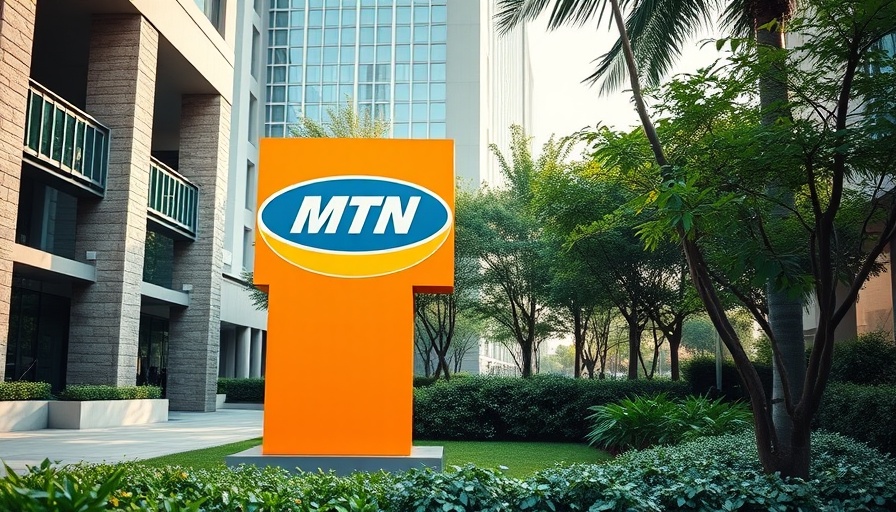
MTN Nigeria’s Revenue Dip: The Shifting Landscape of African Telecom
In a significant shift for Africa’s telecom sector, MTN Nigeria has lost its position as the top revenue generator within the MTN Group for the first time since 2019. The Nigerian subsidiary reported a shocking post-tax loss of ₦400.4 billion (approximately $260.2 million) in 2024, slipping behind its South African counterpart and the West and Central Africa (WECA) region in the revenue stakes.
The Economic Storm: Currency and Inflation Challenges
Fueling this substantial downturn were unfavorable economic factors, including a weakened naira and escalating inflation rates. MTN Nigeria, which had previously contributed 40% to the Group’s total revenue, generated $2.26 billion in 2024—down from $4 billion in the previous year. Despite an increase in overall revenue to ₦3.36 trillion, the impact of foreign exchange losses led to a significant hit on profits. CEO Ralph Mupita elaborated on the tough operating environment, noting the correlation between the devalued naira—which fell from 598 to 1508 naira per US dollar—and the company's performance decline.
The Future: Navigating Uncertain Waters
Looking ahead, the future performance of MTN Nigeria hinges on stabilizing the naira, dampening inflationary pressures, and reviving consumer spending power. The recent approval of tariff increases by the Nigerian Communications Commission (NCC) may offer some reprieve, with Mupita expressing optimism around inflation easing towards the end of 2024.
Broader Impacts on African Telecommunications
This downturn has broader implications not only for MTN Nigeria but for the entire African telecommunications landscape. As MTN shifts its capital expenditures toward its more profitable units, further revenue declines could reshape the company’s investment strategy, which currently allocates nearly $986.2 million towards network expansions and 5G rollouts in Nigeria. The evolving revenue dynamics also spotlight the changing nature of consumer behavior and market demands across the continent.
Conclusion: Challenges and Opportunities Ahead
For investors and stakeholders in the tech industry, understanding the implications of MTN Nigeria's financial results is crucial. The evolving telecommunications landscape in Africa presents both risks and opportunities. Companies must adapt to inflationary pressures and consumer trends to foster growth in this dynamic market.
 Add Row
Add Row  Add
Add 


Write A Comment